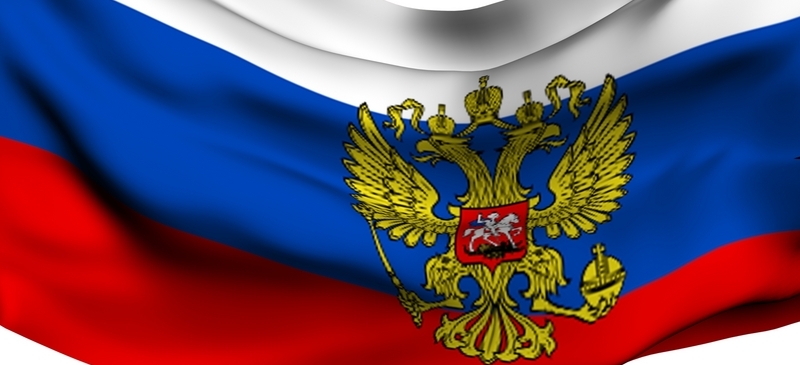
A grand bargain with Russia?
by Charles Grant
Relations between the Russia and the West have not been so prickly since the break-up of the Soviet Union. Viewed from the US and the EU, Russia is being obstructive across a whole swathe of issues, such as its blockade of trade with Georgia, its refusal to accept independence for Kosovo, and its opposition to further UN sanctions on Iran.
But although Russian foreign policy seems increasingly driven by a strident nationalism, there may be a method behind it. In Washington and Brussels, influential figures (including Henry Kissinger) think Russia may be seeking a ‘grand bargain’. President Vladimir Putin dropped hints that he might be open to such a bargain when he met think-tankers (myself included) at Sochi in September. “If our partners want something from Russia, they must be specific, and not ask for everything at once,” he said. “If you want to talk about Kosovo, OK, if you want to talk about the Iran nuclear problem, OK, but then don’t talk about Russian democracy at the same time.” He has a point: the US has tended to make wide-ranging demands of Russia without prioritising them.
The EU has a central role to play in any set of bargains between the West and Russia, given its extensive trade and investment links. The EU should seek to work with the Russians on three areas where they have mutual interests, and where a bit of horse-trading could be beneficial.
• Russia and the EU share many long-term interests in energy. Europeans want assurances that Russia will develop new gas fields, since a gap between demand and what Russia can supply is likely to emerge within a few years. The Russians worry that the EU’s moves to liberalise the European energy market may prevent Gazprom from buying pipelines there. Russia will have to abide by the EU’s rules on energy markets, just as the EU will have to accept that Russia does not allow foreign firms to buy key energy assets. Mutual dependency should encourage both sides to compromise.
• Both would benefit from Russia’s full integration into the global financial system. Thanks to the high oil price, Russia’s government and leading companies are sitting on funds worth several hundreds of billions of dollars. They want to put some of the cash into foreign firms. But the EU is becoming concerned about ‘sovereign wealth funds’. It should allow these funds to invest in European firms, so long as they are transparent and operate independently of politicians. And the EU should welcome Russian acquisitions of its companies, so long its rules are respected and European firms gain reciprocal rights.
• Both the EU and Russia have an interest in the countries of their common neighbourhood becoming stable, prosperous and well-governed. The EU should offer to work with Russia to promote peaceful change in Belarus, stability and unity in Ukraine, and a resolution of the ‘frozen conflicts’ in Transdnestria, South Ossetia, Abkhazia and Nagorno-Karabakh. The Russians may baulk at this: they fear encirclement by an expanding NATO and more ‘colour revolutions’, like those that loosened their control over Georgia and Ukraine. EU governments should allay Russian concerns by saying they will not support NATO membership for Ukraine or Georgia in the medium term. But the EU should offer such countries closer ties – and make clear to Moscow that they must be free to determine their own destiny.
The EU has a huge stake in the future of Kosovo; it cannot integrate the Western Balkans until that territory’s status is resolved. It will provide most of the money, soldiers, policeman and administrators to make any peace plan work. Russia has almost no interest in Kosovo, other than as a card to play against the West. The EU and the US believe that the least bad option for Kosovo is supervised independence, which Russia rejects.
But what if Russia was offered something in return? The US decision to deploy missile defence systems in Europe, against an Iranian threat that does not yet exist, was unwise. Russia’s anger over the deployment is genuine. Some former US officials claim that the deployment would break the spirit of promises made to Russia in the 1990s: the US said it would have no significant military presence in the Central European countries that joined NATO.
Russia’s heavy-handed over-reaction to US plans for missile defence – threatening to target missiles on Central Europe – makes it hard for Europeans to oppose those plans. Nevertheless, the Europeans should urge Washington to postpone the deployment indefinitely – so long as Russia accepts independence for Kosovo in return. Russia may shun this sort of bargain. But if its rulers are serious about maximising Russian power, they should negotiate with western leaders over their differences, rather than turn their back on them. (A longer version of this article appears in the November edition of www.prospect-magazine.co.uk).
Charles Grant is director of the Centre for European Reform.
